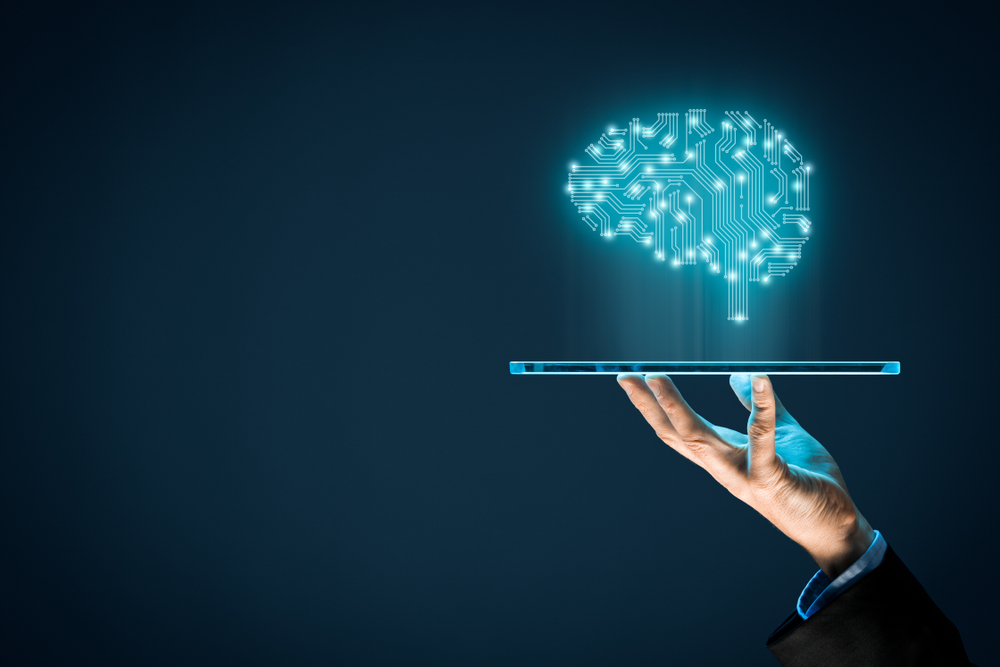The advantages of artificial intelligence are many and only growing. AI can quickly translate a passage of text — for example, this article —into whatever language you’d prefer to read. AI can easily sort through tremendous amounts of data, providing humans with organized information at the touch of a few keystrokes. It can aid in the diagnosis of cancers, beat a Go master, choose a movie you’d like and order a pizza for you to eat while you watch it.
What Does This Mean?
If you’re looking for the value of AI, you need look no further than its skill at protein folding. An AI program called AlphaFold proved capable of predicting a protein’s structure based on its amino acid sequence, something humans have struggled to do. This is no fancy biological party trick. Predicting the shape of proteins will help researchers better understand the molecular structure of cells and be a great help in drug discovery and development, benefiting us all.
AI is fast, efficient, and in many ways even lives up to the second half of its name: intelligent. Some experts predict that not too many years hence, AI will reach the holy grail of general AI; that is, it will no longer be limited to specific tasks, such as protein folding or text translation, but will be able to do pretty much anything human intelligence can do, a hypothetical moment often referred to as “the singularity.” At that point, the possibilities of AI would be limitless, with the potential to help humans in ways we haven’t even imagined yet, says Max Tegmark, physicist and machine-learning researcher at MIT.
More about AI In Medicine:
-
AI may be used to to detect diseases in earlier stages.
-
Why AI remaining ethically stupid is a probably a good thing.
But the disadvantages of AI are being increasingly documented as well. AI can be horribly biased, as when one AI system predicted that black defendants were far more likely to be repeat offenders than they actually were, or when it astonished its creators by labeling photos of Black people as “gorillas.” AI’s mistakes can be deadly. A self-driving car hit and killed a pedestrian in Tucson in 2018. But perhaps most disturbingly, in many cases, AI is a black box — we don’t know what’s going on inside.
“AI is not a machine that says two plus two equals four,” explains Shane Saunderson, tech entrepreneur and robotics expert specializing in human-robot interaction. “It’s a machine that analyzes a bunch of data for patterns and classifications. And we don’t always know exactly how it’s doing that.”
And what about that general AI that may be on the way? Tegmark and others have warned that if we’re not careful, AI with human-level intelligence could simply decide the world would be better off without humans and might well be able to make that happen.
Get Smart
Gerd Gigerenzer has a different take on the pros and cons of AI. Gigerenzer is director emeritus at the Max Planck Institute for Human Development and author of, most recently, How to Stay Smart in a Smart World: Why Human Intelligence Still Beats Algorithms. He says that fears of a singularity are distractions from the real threats of our technology. The AI that most threatens us is not some Hal-like sentient computer but the AI we already live with every day — the algorithms that determine what we read, what we buy and wi

